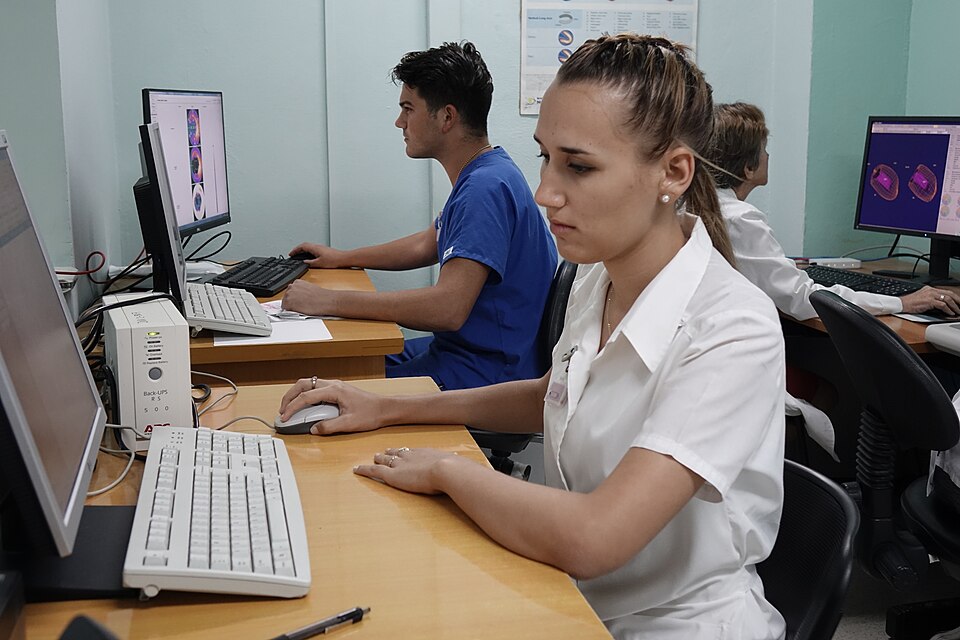GAO Report Calls for National Diagnostic Testing Strategy to Combat Pandemics

A recent report from the Government Accountability Office (GAO) has underscored the urgent need for a national diagnostic testing strategy to effectively respond to infectious disease threats, including potential pandemics. Released on June 18, 2025, the report details expert recommendations aimed at enhancing the United States' preparedness for public health emergencies.
The GAO's report presents four primary recommendations to the Department of Health and Human Services (HHS), emphasizing the creation of a comprehensive national diagnostic testing strategy. This strategy would entail establishing a national diagnostic testing forum that incorporates a wide range of stakeholders from both the public and private sectors, including government officials, healthcare professionals, and academic experts.
Mary Denigan-Macauley, Director of Public Health for the GAO, stated, "Pandemics pose an ever-present threat to American lives, national security, and economic interests, and diagnostic testing is critical to tracking infectious disease and helping reduce potential death rates." This sentiment reflects the lessons learned from the COVID-19 pandemic, during which the HHS faced challenges in leading the nation’s testing efforts.
The report highlights significant fragmentation in current diagnostic testing protocols, which hampers effective coordination across multiple federal agencies. Denigan-Macauley noted that this disjointedness prevents stakeholders from fully understanding the national landscape of infectious disease control.
To combat this fragmentation, the GAO recommends the establishment of a national coordinating group that can oversee testing strategies and facilitate real-time communication among healthcare providers. This approach aims to ensure that frontline workers receive timely updates and are prepared to implement new testing guidance as it becomes available.
The report also identifies critical gaps in current research, including the need for more effective diagnostics tailored to various pathogens and an understanding of human behavior influencing compliance with testing protocols. Denigan-Macauley emphasized that a cohesive national strategy would not only enhance immediate response capabilities but would also help prevent the miscommunications that occurred during COVID-19 testing guidance updates.
In an interview, Dr. Romney M. Humphries, a professor of pathology, microbiology, and immunology at Vanderbilt University Medical Center, supported the call for a national diagnostic testing strategy, asserting that such a framework would streamline operations and promote partnerships among laboratories. However, she cautioned that funding remains a significant barrier to the implementation of these recommendations, as public health funding has been increasingly constrained.
Looking ahead, the GAO highlighted the importance of regular updates to the national diagnostic testing strategy based on emerging lessons from infectious disease threats and public health preparedness exercises. This proactive approach aims to ensure that the United States is better equipped to manage future pandemics and public health emergencies.
As the report gains traction, it remains essential for HHS officials to prioritize the establishment of a national testing strategy that incorporates input from various stakeholders. The upcoming challenges posed by infectious diseases underscore the necessity of a coordinated and well-funded national response framework.
In conclusion, the GAO's report serves as a crucial reminder of the ongoing need for preparedness in the face of evolving public health threats. By prioritizing a national diagnostic testing strategy, the United States can enhance its resilience against future pandemics and safeguard public health effectively.
Advertisement
Tags
Advertisement





